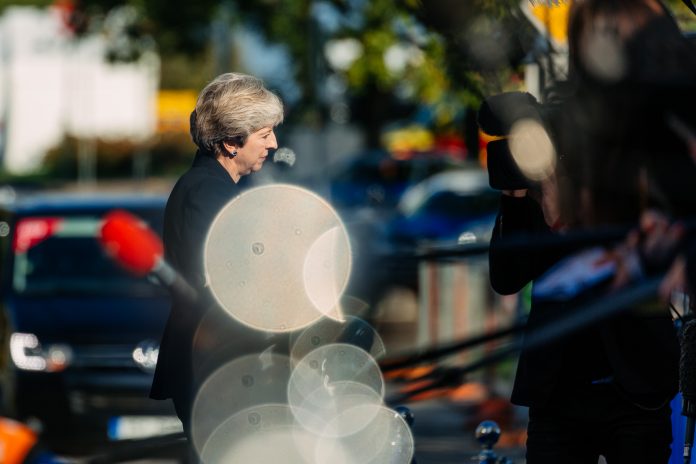Extending the transition period “for a matter of months” after Britain leaves the European Union in March 2019 is on the cards.
“A further idea that has emerged, and it is an idea at this stage, is to create an option to extend the implementation period for a matter of months, and it would only be a matter of months,” British Prime Minister Theresa May told reporters in Brussels, where EU leaders were gathered for a bloc summit meeting on October 18.
As reported by Deutsche Welle (DW), Germany’s international broadcaster, an extension could buy negotiators time to resolve the impasse over the Ireland-UK border. However, the suggestion courted criticism from within May’s own party immediately after it was first floated in Westminster.
To enable an extension, Britain would have to request it, and then the other 27 member states would have to agree to it, a senior EU official told the Agence France-Presse (AFP). European Council President Donald Tusk said after the summit that he was sure EU leaders would respond positively to any request from Britain for a longer transition period.
According to DW, the transition period for the UK and EU is only expected to come into effect if some form of preliminary deal is struck before the UK’s scheduled EU exit in late March. In the event of a “no-deal Brexit,” any transition period plans are liable to disintegrate.
In a statement issued on October 18, the EU leaders said they would push ahead with plans to increase cooperation with North African countries and work with them on “investigating, apprehending and prosecuting smugglers and traffickers”.
Luxembourg Prime Minister Xavier Bettel said it was important for all EU states to be involved in managing migration from outside the the bloc: “We can’t just say that a country with a border on the sea is suddenly the only one responsible” for migrants, he said. “The problem is European, and the solution should be a European one as well.”
In a separate report, the Reuters news agency noted that EU Council President Donald Tusk described the mood as much better than the one at the last summit in Salzburg, which ended in acrimony. “What I feel today is that we are closer to the final solutions and the deal,” he told a news conference.
Jean-Claude Juncker, EU Commission president, said: “It will be done.”
But the Northern Irish question still has to be overcome. According to Reuters, May expressed hope that it could be all but negotiated away by the two sides agreeing a close future partnership, which would ensure borders that are as frictionless as possible.
Irish Prime Minister Leo Varadkar summed it up by saying “big gaps” remained between the two sides “both in terms of the shape of the future relationship and also the protocol on Northern Ireland and Ireland and the backstop”.

